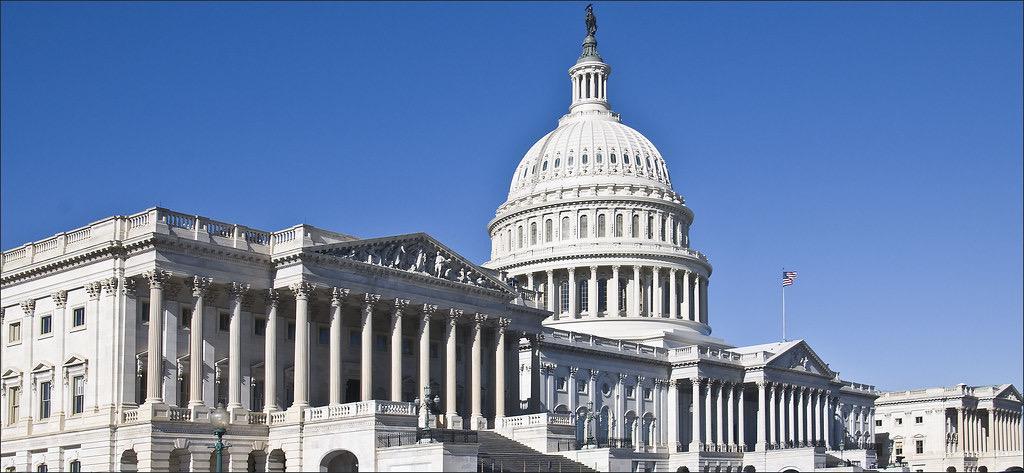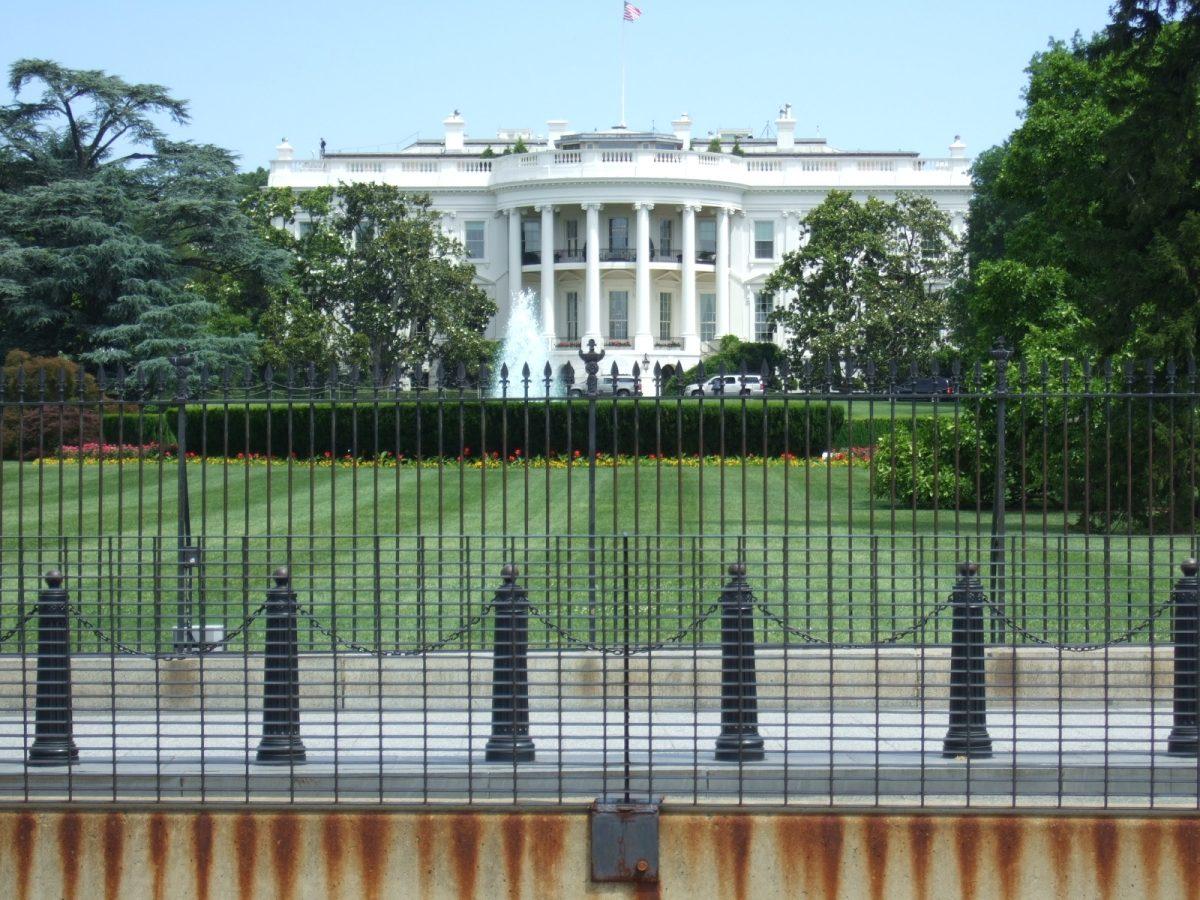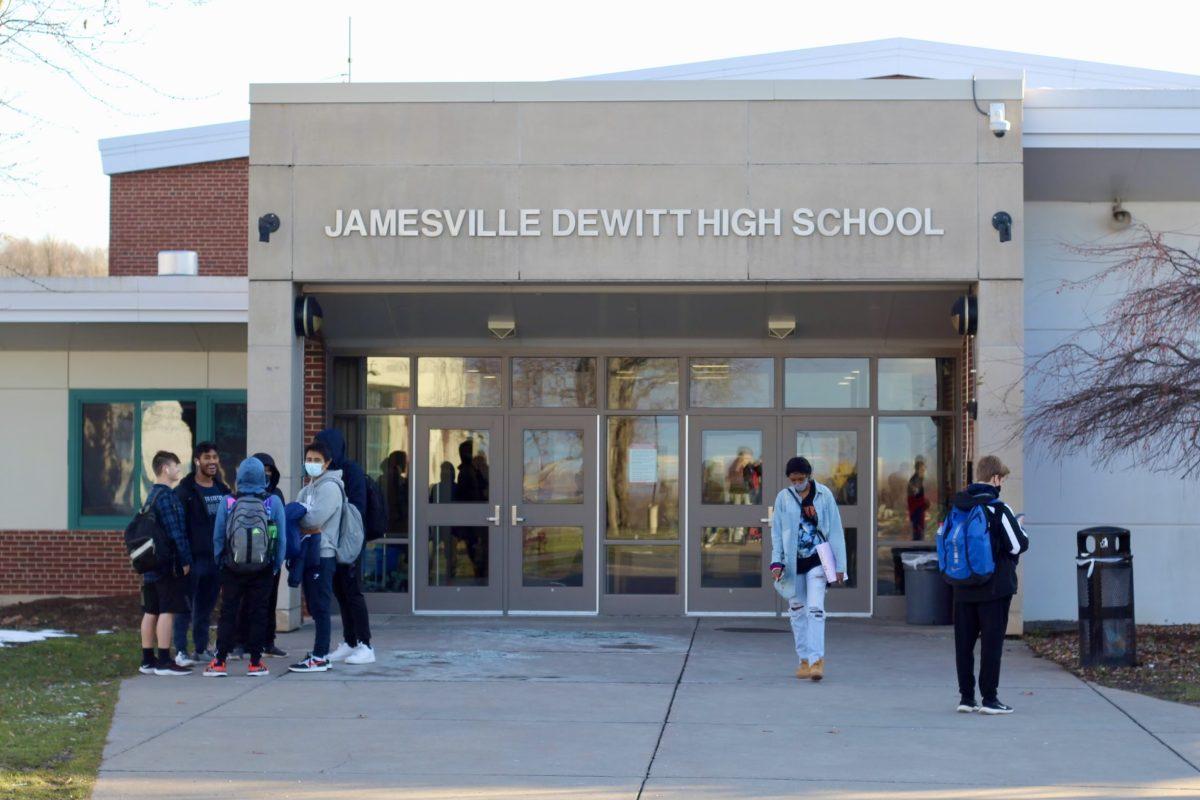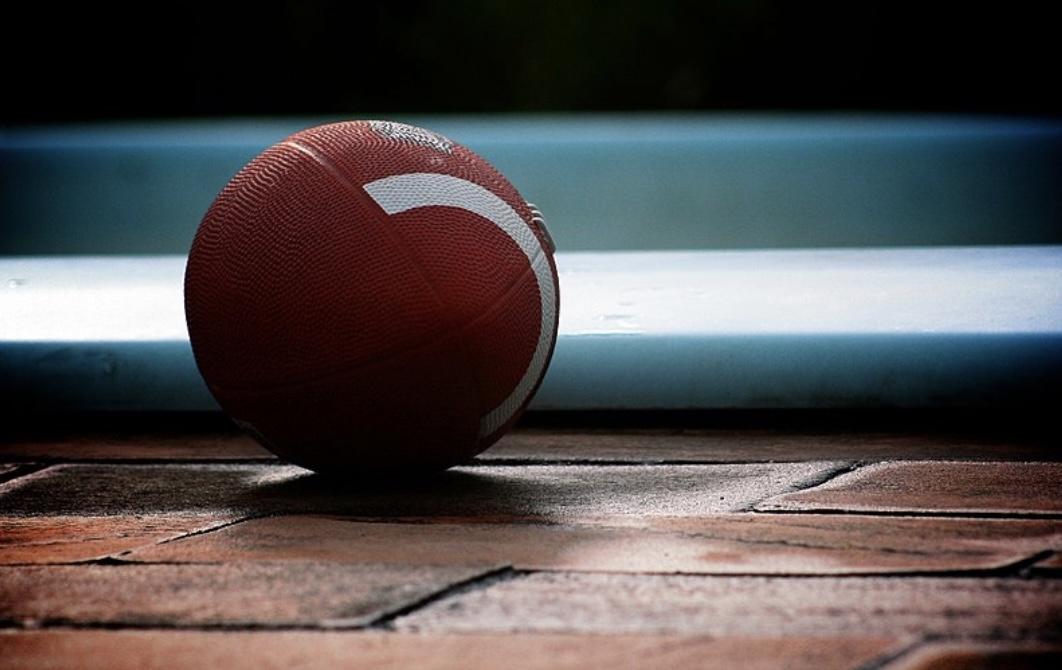On July 17th, 1984 U.S. President Ronald Reagan signed legislation that raised the national drinking age from 18 to 21. The National Minimum Drinking Age Act required states to raise the drinking age to 21 or risk a 10 percent cut in their federal highway funds. Reagan’s primary concern which he viewed as a “great national problem” was drinking and driving among teens. Many Americans disagree with the law because of the government’s inconsistency in setting age limits. At the end of Prohibition in 1933 most states set the drinking age to 21 because the minimum voting age at the time was also 21. In 1971 when Congress lowered the voting age to 18, the legal drinking age followed by lowering it to 18 as well, however, this was changed only 13 years later. 18-year-olds can purchase firearms, gamble, receive life sentences, and serve our country. Yet, 18-year-olds cannot legally drink an alcoholic beverage. If 18-year-olds must take on the burdens of being an adult, they should be rewarded with some of the advantages too.
Arguments that pushed for the minimum legal drinking age to 21 report that it resulted in a decline in motor vehicle crashes. While true, underage people still drink, and many drink and drive. Alcohol, whether legal or restricted, remains a major risk factor in car crashes among youth. Lowering the drinking age to 18 should come with the commitment of drinking moderately and responsibly. An increase in education about the subject and drunk driving awareness should be required, and enforced, to reduce the risk of drunk driving among teens. Alcohol education starts at a young age and is usually learned through parents’ example. Introducing alcohol at an earlier age demystifies the allure of alcohol and could prevent overindulgence in high school and collegiate environments. This is a relevant comparison to Europeans who are often introduced to alcohol at a much earlier age. At 16, children are allowed to consume alcohol when accompanied by an adult and at 18 they can legally purchase it on their own. Having experience with alcohol at an early age has shown to be more effective at reducing binge drinking and increasing awareness of one’s surroundings while drinking.
Lowering the drinking age could arguably decrease the risk of injury among currently underage drinkers. For example, a 19-year-old U.S college student was at a party with others of similar ages when the police arrived. When the officers rushed in, everybody quickly run away as underage drinking is illegal and none of them wanted to get caught. As everyone scrambled to get out before getting caught, the student was pushed into a pane of glass and cut his arm. If the drinking age was 18, no one would be panicking and running to leave the party; the only repercussion would be for excessive noise and for not endangerment of life. As some of this generation’s parents can remark, they navigated through college with the drinking age at 18. Drinking was seen as a way of socializing. The students drank responsibly and if a student was in trouble or getting out of hand, friends weren’t afraid to ask for help because they weren’t doing anything illegal. Raising the drinking age is not “saving lives” but rather endangering them. If college students had the right to consume alcohol, campuses would be a safer place where students wouldn’t have the need to “hide” or “run” or be scared of getting help from adults when needed.
If 18-year-olds are considered adults in many other situations, then they should be able to make responsible decisions about their consumption of alcohol. 18-year-olds can serve our country, work full-time jobs, pay taxes, and vote. To be consistent, 18-year-olds should be trusted with alcohol. If responsible drinking habits are socialized and normalized at a younger age, there will be less risk associated with drinking during post secondary education.





































